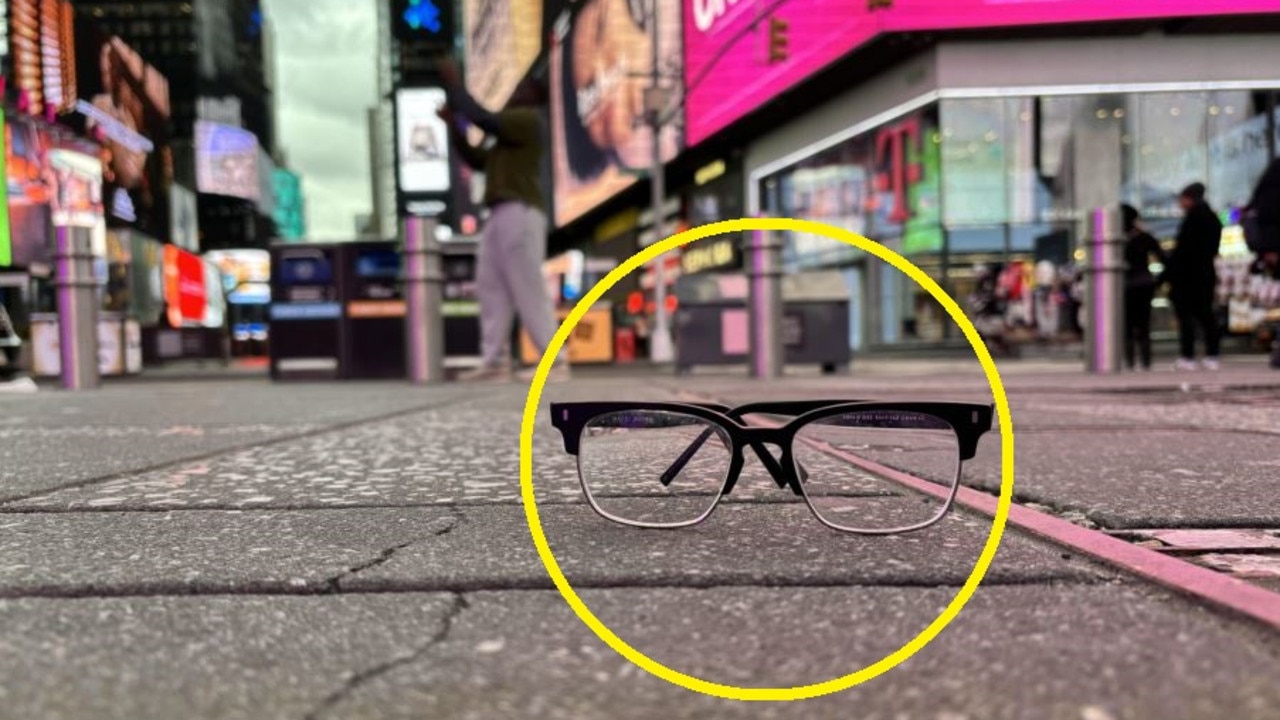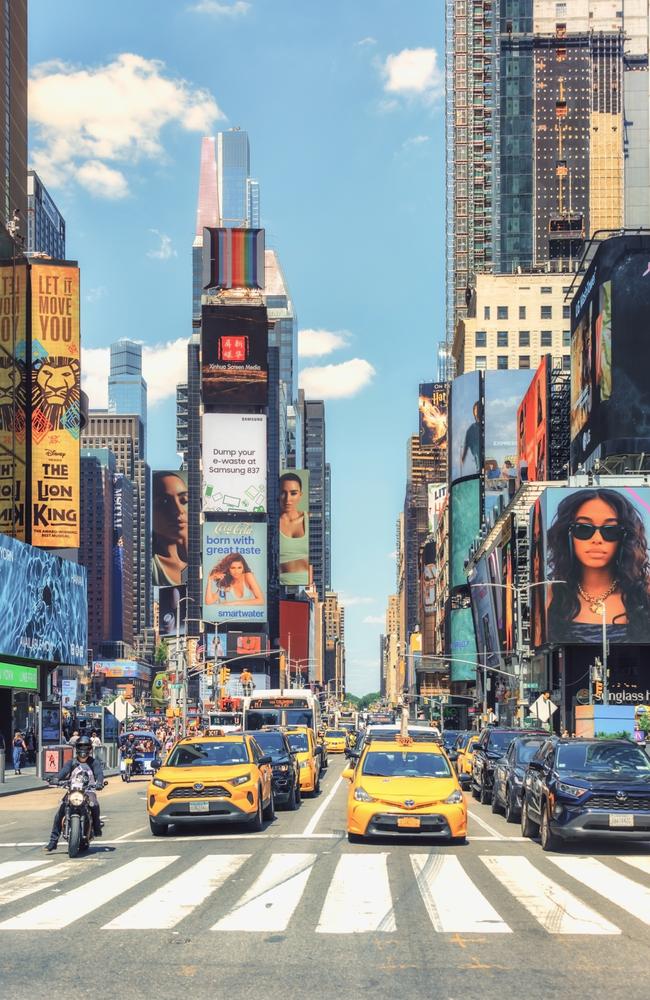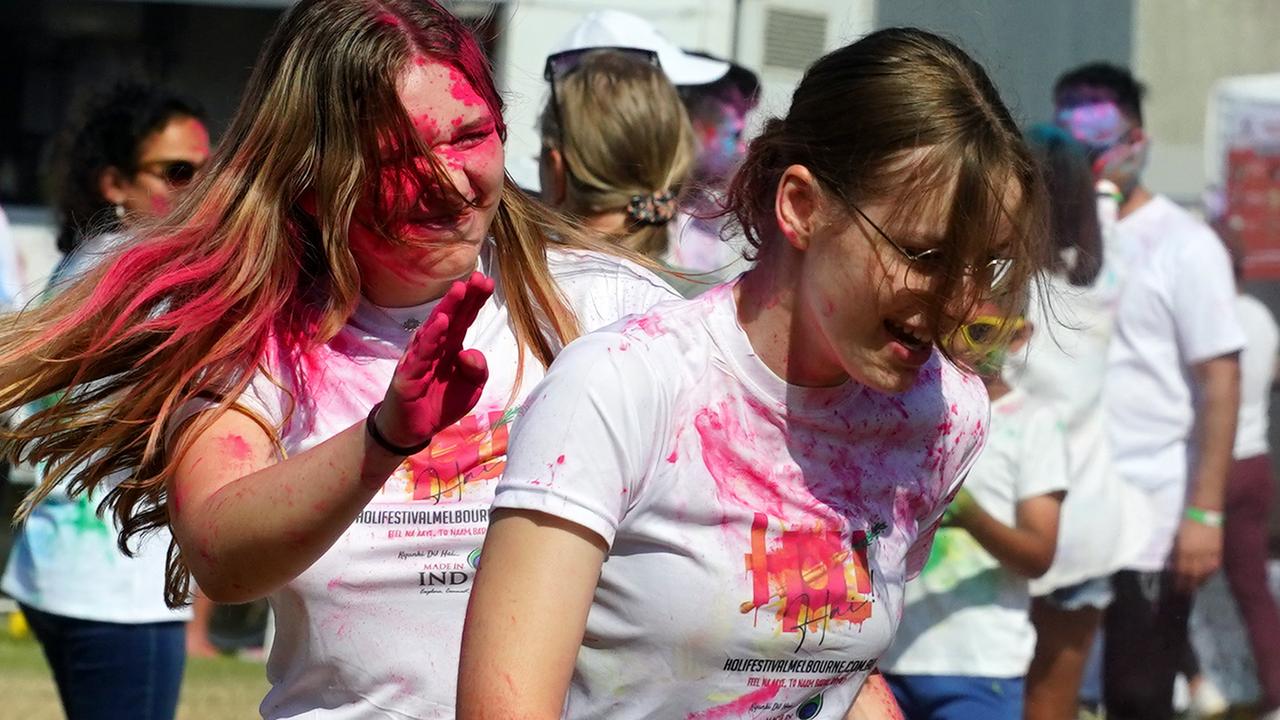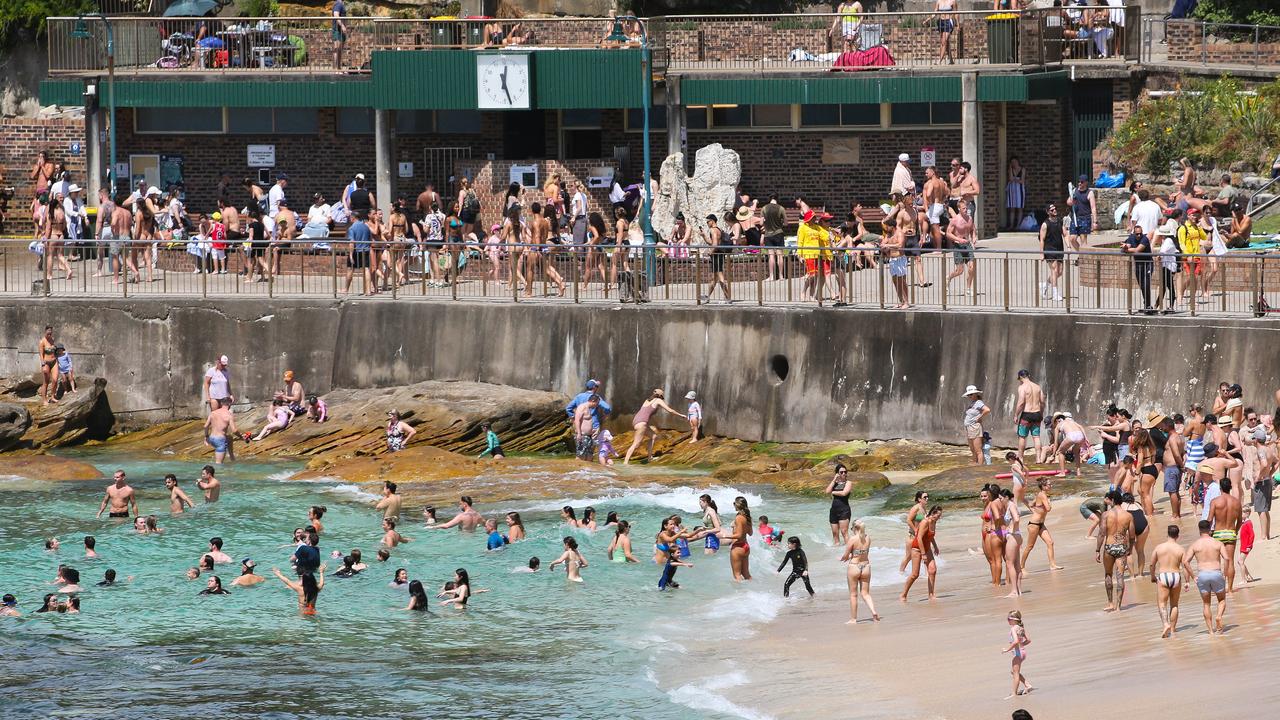Subtle New York scam so clever I didn’t know it happened
It all happened so quickly on a busy New York street that this traveller wasn’t aware they had been scammed until it was all over.

On a heaving New York Street, it all happened so quickly that I wasn’t even aware I’d been scammed until it was done and I was heading away from the scene of the crime.
I’m not an unaware traveller. I’ve been around the block. In fact, many blocks, in the UK, Europe, Asia and the US.
So I thought I was across the sorts of predicaments that can befall a traveller in a new city ... until recently.
Currently living in New York, I was spending a leisurely Saturday in Manhattan embracing my tourist side. I had coffee in Bryant Park, followed by (window) shopping on Fifth Avenue, and even unashamedly popping into those “I Heart NY” stores to find a tacky souvenir or two.
I then found myself cutting through Times Square – that heaving smorgasbord of humanity – after having decided to make my way to another US icon, Gap.
Alas, en route to that casual-wear superstore, I accidentally brushed against someone coming the other way. From the corner of my eye, I saw that they dropped the spectacles they seemed to be holding.
I turned, but they had already picked them up, so I restarted my quest to find what goodness Gap had in store.
Then I felt a tap on my shoulder.
I swivelled around and a young man was looking at me forlornly, through very cracked spectacles.
“You bumped into me,” he accused. “You bumped into me, and I dropped my glasses and now they’re broken,” he said, pulling the specs off his face to show me the damage.
“These just cost me $130 ($A194), and now I can’t see. What am I going to do?”

As a bespectacled person, my heart went out to him. And even though it was difficult to know who bumped into whom, I empathised with this predicament.
Feeling like the worst person alive for having done such a thing, I looked in my wallet for any cash. I had $40, (AU$60) which I proffered up, blathering my utmost apologies.
My new acquaintance didn’t seem at all concerned with the AU$135 shortfall for his prescription eyewear but instead took my money and slunk away, quickly being absorbed in the crowd.
At first, I was shaken and slightly upset, berating myself for the terrible thing I’d done.
However, a few things soon begin to niggle at me. One was the fact that the young man hadn’t pushed me for any further compensation. Also, I realised that if I had indeed bumped him and made him drop his eyewear, they probably wouldn’t have shattered so dramatically.
Slowly it dawned on me.
Had I been scammed?
An immediate Google showed me that, yes. I had indeed been taken for a ride.
The ‘broken glasses’ scam
“This is a fairly common scam globally, albeit with a few variations on the theme,” explains Paul Trotter, security lead at World Travel Protection, the assistance arm of Cover-More Travel Insurance. Other examples can include the destruction of some alleged vital medication or a bottle of alcohol, basically anything to make the victim feel immediate compassion.
“In South East Asia, one of the more well-known examples is being accused of knocking over a child selling biscuits – and then being expected to buy them at an inflated cost,” Mr Trotter adds.
Unfortunately, once you’ve been targeted in some circumstances it can be tricky to extricate yourself safely.
“Where possible, draw attention to yourself and the situation and avoid going to secluded areas with the scammer. If you can’t leave safely, or are directly threatened, it may be advisable to pay up and then leave immediately.”

Best to blend in
While I’d been in New York for a few months when this occurred, I was still regularly referring to my phone for directions, the equivalent of wearing a T-shirt that screamed, “Newbie here!”, ready for an eagle-eyed scammer to spot I wasn’t a local.
“People often become a target when they are quite obviously unfamiliar with their environment,” Mr Trotter explains.
“Be aware of your surroundings and move with purpose. If you need to stop and check your map, do so in a corner or out of the way, where you can see anyone coming.” (For example, I now check my phone for directions while I’m inside one location before departing for the next).
Making sure you’ve got everything as close to possible (and zipped up) is another practical approach.
“Avoid using off-body carriage-like bags where possible – and try to use your front pockets,” Mr Trotter says.
“And, when you’re in a crowd, keep your hands in your pockets over your wallet and phone.”
Nothing for free
Being alert can help you avoid being taken in, says Mr Trotter, who warns against those who stop to offer you a freebie. In Times Square, there are plenty of examples of this, whether it’s someone claiming to be a musician handing out sample CDs or dressed as Minnie Mouse and offering to let you take the perfect selfie to show your mates.
“These encounters often have hidden charges attached,” he adds.
“Once you accept the item, or take the picture, the seller will then demand a tip or payment, which is often an exorbitant price.”

So what can you do?
It pays to do some research to stay abreast of the sorts of dodgy operations that may befall a new visitor. Cover-More offers its own travel app that gives updated information on scams and other alerts on destinations around the globe, and there are plenty of others.
Mr Trotter also advises checking out travel forums and discussions on platforms like Reddit. “These are updated live and continuously, so new tactics are quickly identified and shared.”
Of course, travel insurance is always a good option, something to have at the back of your mind while you’re exploring the world. And that helps with Trotter’s last key recommendation
– don’t let such concerns impede you from enjoying your trip.
“Travel isn’t about constantly looking over your shoulder for a scammer,” he says.
“It’s about looking for the adventure and experience while staying alert to ensure you bring home only good memories.”
Cameron Bayley is a freelance writer





